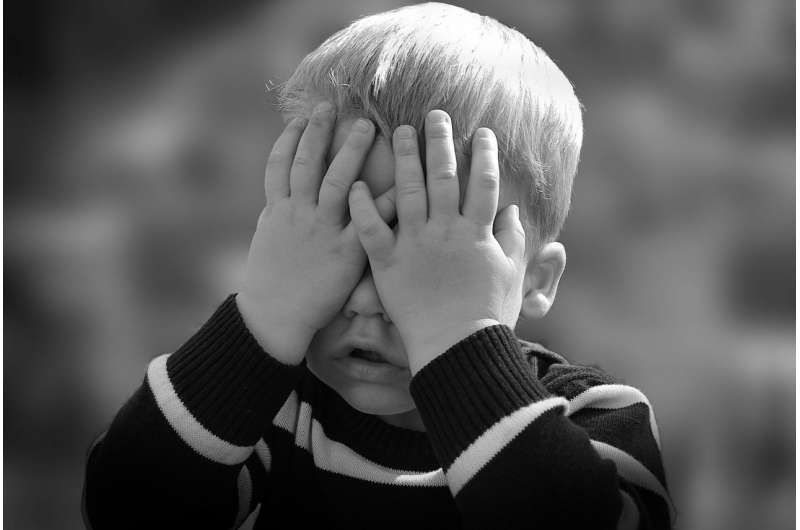Physical discipline and cognitive deprivation associated with specific types of developmental delay

A study in the Journal of the American Academy of Child and Adolescent Psychiatry (JAACAP) reports that in a diverse, cross-national sample of youth, physical discipline and cognitive deprivation had distinct associations with specific domains of developmental delay. The findings are based on the Multiple Indicator Cluster Surveys, which is an ongoing, international household survey initiative coordinated and assisted by the United Nations agency, UNICEF.
"Physical discipline and cognitive deprivation are well-established risks to child development. However, it is rare that these experiences are examined in relation to each other," said lead author Carmel Salhi, ScD, an Assistant Professor at the Department of Health Sciences, Northeastern University, Boston, MA, U.S.. "Our study allowed us to explore how these experiences co-occur in childhood internationally and whether they relate to different aspects of child development.
"This is important as recent research in neuroscience suggests that experiences, which provoke fear, have different effects on a child's neurodevelopment than cognitive deprivation."
A sample of 29,792 children between the ages of 3-6 years old and their caregivers, across 17 countries completed measures of physical discipline, cognitive deprivation and risk of developmental delay. Factors used to determine physical discipline included spanking or slapping on the arm, hand, or leg. Cognitive deprivation included not counting or reading with a child over the past 3 days and the absence of books in the home.
"To see if this framework has the potential to inform policy and public health interventions, we conducted the first large-scale epidemiological study using this conceptual framework," Dr. Salhi added.
Physical discipline was associated with 50 percent higher odds for risk of socioemotional delay, at least 2.5 times higher than the risk of any of the experiences of cognitive deprivation. Not counting or not reading with the child were associated with 47 percent and 62 percent higher odds, respectively, for risk of cognitive delay. Physical discipline did not confer any risk of cognitive delay.
These findings suggest that the distinction between fear and deprivation in child development, established in clinical neuroscience, is important to public health research and interventions. Furthermore, a large body of evidence links both physical discipline and experiences of cognitive deprivation with poverty and social marginalization. Taken together, this suggests that redistributive policies that alleviate socioeconomic strain can have demonstrably positive effects across a range of child developmental outcomes within a population.
More information: Carmel Salhi et al, Physical Discipline, Deprivation, and Differential Risk of Developmental Delay Across 17 Countries, Journal of the American Academy of Child & Adolescent Psychiatry (2020). DOI: 10.1016/j.jaac.2020.02.016


















